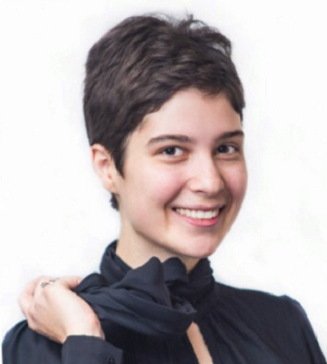
The major part of mass customization toolkits in practice are configured with the implicit notion that customers know exactly what they want, feel comfortable with choosing from a limited number of options for product characteristics and use toolkit just as a communication interface.
From a scientific perspective, most research focuses on investigating how a particular feature of a toolkit, such as a starting solution (Hildebrand, Häubl and Herrmann 2014), pre-configurations based on preference articulation (Boller, Schlager, Franke and Herrmann 2016), or peer-to-peer support by communities (Franke, Keinz and Schreier 2008; Jeppesen 2005) affects user satisfaction and preference fit.
My research project does not investigate a particular toolkit feature but analyzes, whether a toolkit architecture that provides customers with a possibility to freely design their product with the help of Artificial Intelligence results in a higher user satisfaction.
My research project within the field of innovation management contributes to active involvement of users in innovation process, therefore, to a higher welfare of the society. The MSC fellowship enabled my professional as well as personal development as a PhD student at one of the leading European universities. Interdisciplinary and inter-institutional collaboration, which is fostered within this project, makes a valuable contribution for advancement on my career path after completion of the fellowship. Furthermore, mobility and participation to different conferences, workshops and other activities that are strongly encouraged through the MSC fellowship is a truly unique possibility to broaden the knowledge, which is of particular importance at the early stages of career.
